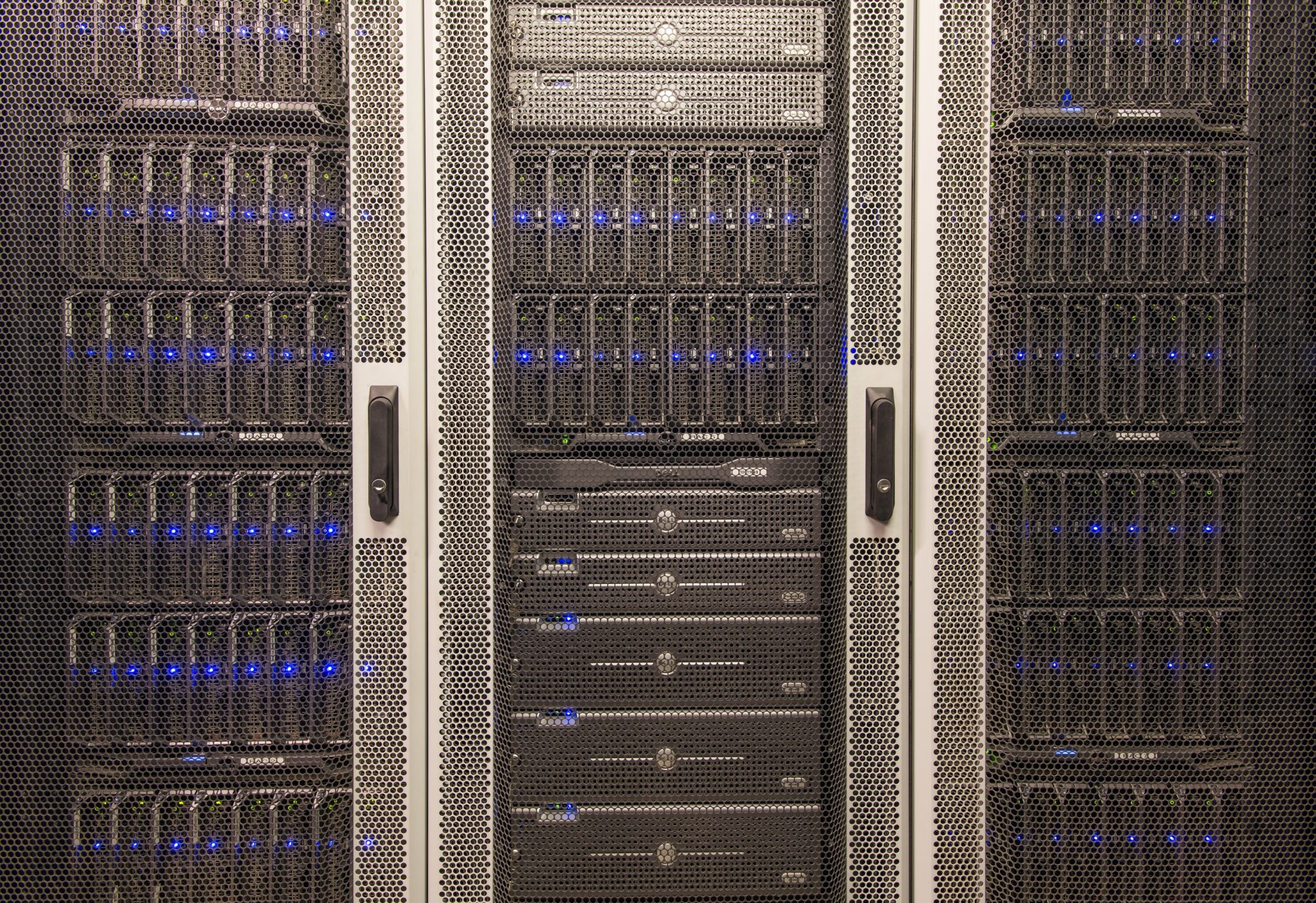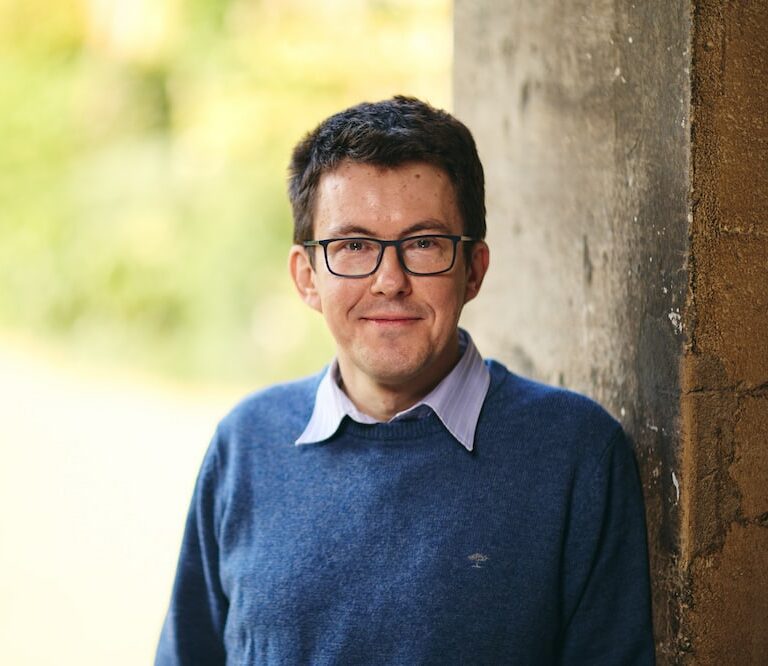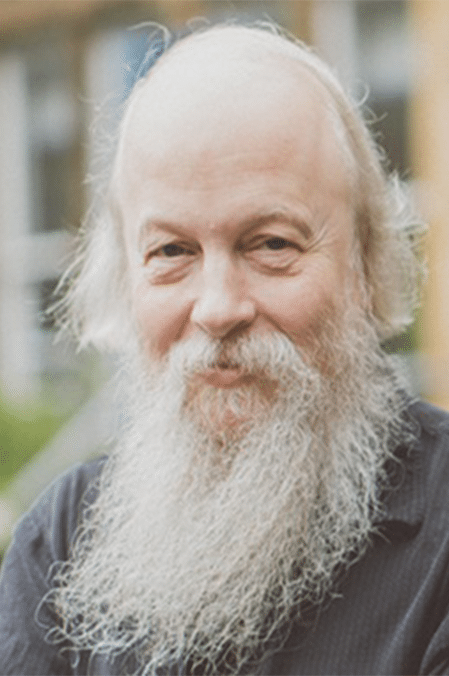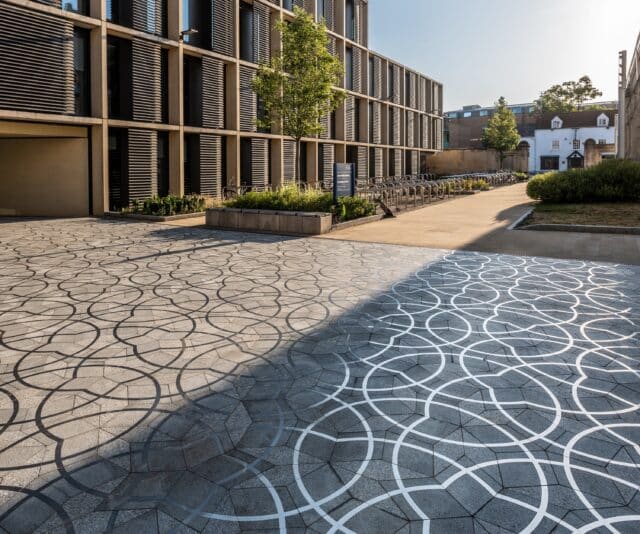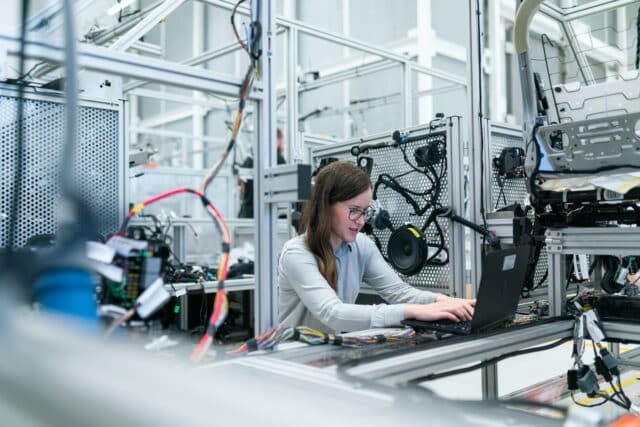Course overview
BA Computer Science (3 years)
MCompSci Computer Science (4 years)
BA Mathematics & Computer Science (3 years)
MMathCompSci Mathematics & Computer Science (4 years)
Typical intake: 5
Worcester was one of the three first Oxford colleges to appoint a Fellow and Tutor in Computer Science, and has a history of excellence in the teaching of this discipline.
At present we admit up to 5 students a year to read Computer Science and Mathematics & Computer Science for the three- and four- year degree courses. We do not take students for the Computer Science & Philosophy degree.
The technology of computing has advanced extremely rapidly over the last thirty years, and this has been reflected in large changes in the academic discipline of Computer Science. Widespread use of computers in safety-critical and mission-critical applications has led the community at large to realise that the methods used in designing computer-based systems and programs must be just as intellectually rigorous as those employed in other scientific and engineering disciplines. Moreover, the increasing dependence on computing of non-experts has led to a realisation that human factors can be as important as technical factors in the design of usable computing systems. A good computer scientist has both the mathematician’s enthusiasm for rigorous and abstract reasoning, and the engineer’s enthusiasm for making things work.
Computer Science provides training in logical thought and expression which can lead to employment in many different fields, but a remarkably high proportion of Worcester computing students have gone on to pursue research and development at the leading edge of the science. Worcester computing alumni have also won international recognition for work in computational statistics.
The College has its own computing facilities, and is less than ten minutes’ walk from the Science area, in which the Department of Computer Science and the Computing Service are located. These provide extensive computing facilities, which can also be accessed from the College via the University network. All student rooms have Wi-Fi, which may be used to connect students’ machines to the University network and beyond.
The Computer Science tutors at Worcester have extensive theoretical and practical research interests, and share the goal of creatively deploying advanced theory in the development of useful computer-based systems. We encourage our students to keep up with the latest advances in both theory and technology, and to this end we supplement the usual tutorial sessions with informal College seminars from time to time.
Applying
Formal qualifications in computing are not necessary, but our students are expected to take A-level Mathematics and to be confident and competent in mathematics. Many have studied double Mathematics at A-level, but we actively encourage people who haven’t studied quite as much mathematics to apply to the College, and such students have an excellent record.
Read more on the university website Department of Computer Science









